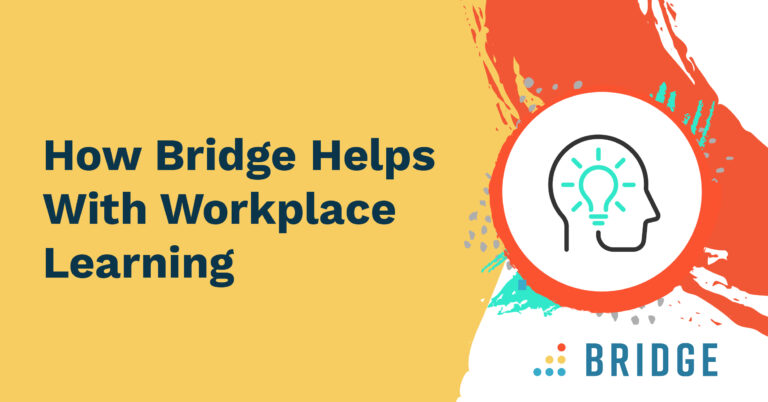Throughout the pandemic, line managers have been the linchpins of their organisation. In my recent posts I have spoken about how line managers are essential for businesses to keep employees happy by owning performance management, creating strong teams, creating a strong purpose and re-aligning fragmented teams.
But these are all big responsibilities to bear. Couple these responsibilities with the negative effects of Covid-19 on mental health and line managers will be feeling the pressure. Without the right support and tools at their disposal, they will struggle to keep up.
Why is Resilience Important?
Mind, the mental health charity, describes resilience as: ‘not just your ability to bounce back, but also your capacity to adapt in the face of challenging circumstances, whilst maintaining a stable mental wellbeing.’
There are many situations where employees will need resilience, such as change, threats to job security or a heavy workload. But resilience is even more important for managers because of the impact their behaviour can have on their team. Without resilience, what should be a calm and comfortable team could become one that is filled with anxious people who then struggle to perform at their best.
The Four Principal Factors of Resilience
Resilience can seem like something you either have, or don’t have. We all know that person who seems to somehow manage to keep going no matter what life throws at them. But the good news is resilience is a learned pattern of feelings, thoughts, and behaviours.
The Robertson Cooper resilience model states that resilience is derived from four principal factors: confidence, a sense of purpose, social support and adaptability. Many people typically rely on one or two of these but may need help to build a strong sense of all four. If you aren’t able to bring in an expert specifically for resilience training, there are lots of things you can do to help your employees with the four principal factors.
- Confidence
Aaron Beck, MD, known as the father of cognitive behavioural therapy (CBT), who sadly died recently at the age of 100, always adopted a positive mental attitude to build confidence. In the face of a potentially negative situation, he always turned it to a positive. He was quoted in an interview as saying that he liked to walk in the sunshine but if it started to rain, he didn’t bemoan the weather but embraced the rain as an opportunity to go indoors and work on a new paper. Line managers can be a role model for this positive behaviour and by doing so bolster confidence. Some team members may lack confidence when presented with a new task. This can be closely linked to natural behavioural preferences. While some personality profiles will embrace all things new with gusto, others have to prove to themselves that they can do it before they believe that they can. And that’s where a line manager can build confidence by providing a clear brief, using active listening to ensure the team member fees that they can deliver against the brief and then ‘hand-holding’ that person through their first attempt so they can garner the proof they need to believe they can do it in the future. Line managers can also reinforce confidence by providing constructive feedback at frequent 121 sessions and providing clarity about a good career path. Of course, what is good for a team member is also essential for a line manager to feel confident too.
- Purpose
In my previous blog we spoke about the importance of a strong purpose and how to create a great one. But work needs to be done to find a way of aligning organisational purpose to each individual’s personal purpose. Hold purpose sessions with managers to help them find how the two fit together. It’s also vital that line managers feel that what they do contributes to achieving the organisation’s purpose and, as a result, that their contribution is valued by the organisation. This satisfies at least two of the five needs of the SCARF framework I mentioned in a previous post.
- Social Support
Make sure you are harnessing the power of teams. If teams feel connected and have a strong culture, they will feel supported and able to lean on each other when needed. If you want to learn more about creating strong teams, read my previous blog.
- Adaptability
There are lots of ways to develop adaptability in organisations. For example, you can introduce training on creative problem solving. But nothing will work if your culture isn’t right. In order for managers to feel comfortable changing processes and innovating, you need to have a psychologically safe environment where employees feel comfortable speaking up and making mistakes. Reward those who push for innovation. Encourage your team to continually ask how the business can improve and then hear all ideas out, even if you ultimately decide not to move forward with some of them.
The past 18 months have been particularly tumultuous. But even as life takes on a little more normality, there will be plenty of new uncertainty to face. And more need than ever for resilience at every level of the team. I hope this post has helped you feel able to create resilient managers that can keep up with their numerous responsibilities and navigate the stresses and strains of today’s workplace.



